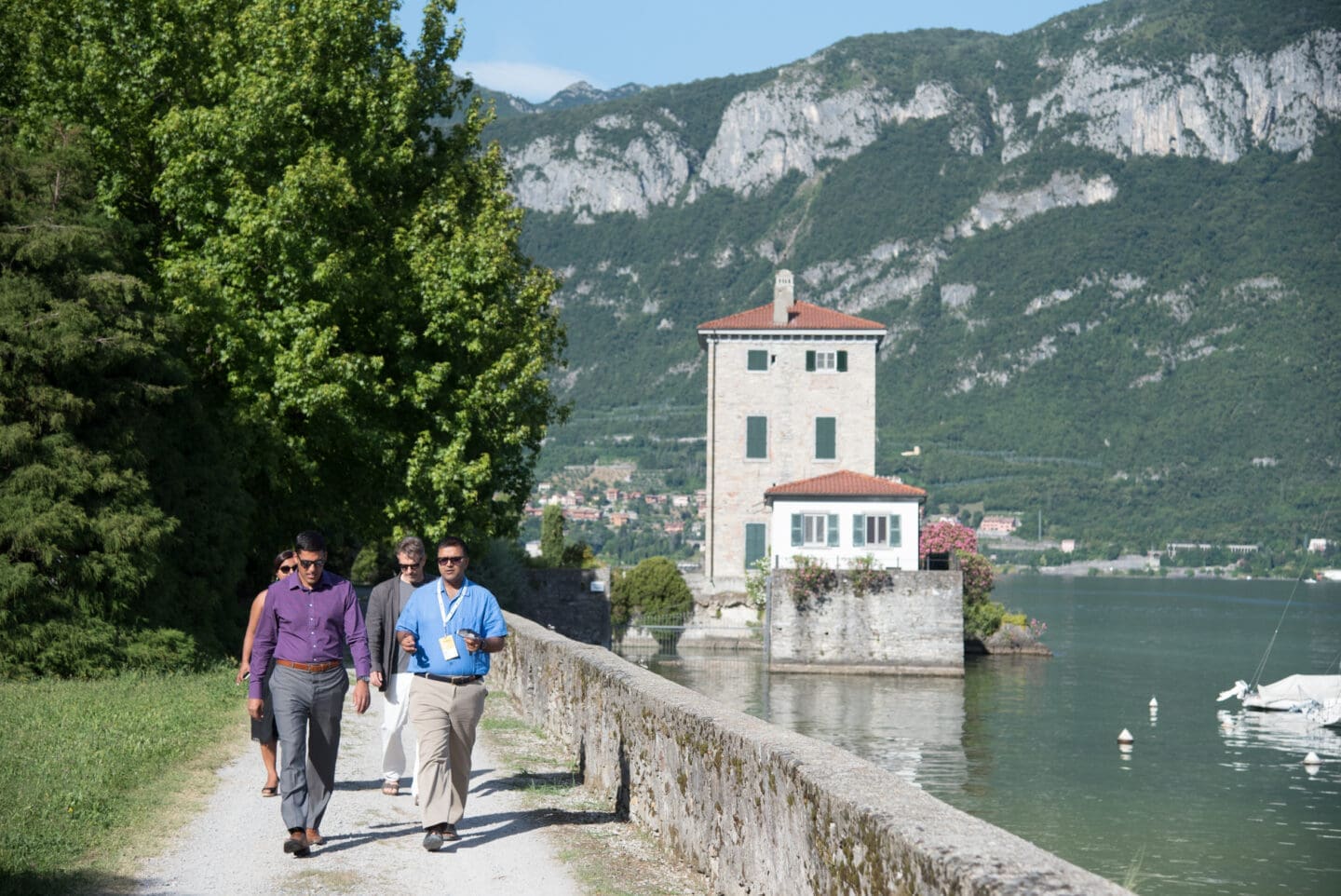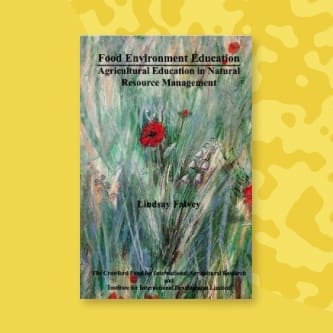Related
Feature

September 2024
The September 2024 Bellagio Bulletin highlights innovative work from Joseph Stiglitz, Lesly Goh, Emiliano Rodriguez Nuesch, Manuel Pastor, Chris Benner, and Payal Arora, all focused on creating more sustainable and equitable global infrastructures.
More